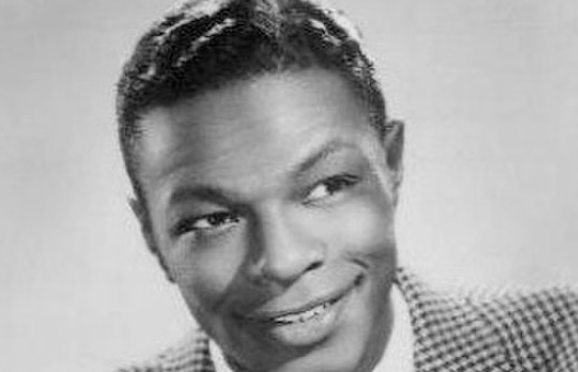Nat King Cole, the legendary American musician and vocalist, left an indelible mark on the world of music with his velvety voice and timeless hits. However, beyond his musical genius, Cole was also a trailblazer in the civil rights movement. This article explores the relationship between Nat King Cole, the National Association for the Advancement of Colored People (NAACP), and the significant role played by Detroit in the struggle for racial equality during that era.
Born Nathaniel Adams Coles in Montgomery, Alabama, in 1919, Nat King Cole rose to fame during the mid-20th century as a jazz pianist and vocalist. Cole’s smooth vocal style and unparalleled talent captivated audiences worldwide, earning him numerous accolades and record sales. However, behind the scenes, Cole faced racial discrimination and prejudice.
The National Association for the Advancement of Colored People (NAACP) was at the forefront of the fight for racial equality in the United States. Founded in 1909, the NAACP aimed to secure political, educational, social, and economic equality for African Americans and eliminate racial discrimination.
Nat King Cole had a close affiliation with the NAACP and actively supported their cause. His involvement began in the 1940s when he joined the organization and became one of its most prominent celebrity members. Cole utilized his fame and platform to raise awareness about racial injustice and inequality in America. He participated in fundraisers, benefit concerts, and rallies organized by the NAACP, using his music as a tool for advocacy.
The city of Detroit played a pivotal role in the civil rights movement, making it a significant location for the collaboration between Nat King Cole and the NAACP. During the 1940s and 1950s, Detroit experienced an influx of African Americans migrating from the South to find better economic opportunities in the booming industrial city.
In 1948, Nat King Cole performed at the NAACP’s Detroit branch annual Freedom Fund Dinner, a key event for raising funds to support the organization’s activities. This performance not only showcased Cole’s musical prowess but also emphasized the importance of the NAACP’s work in the struggle for racial equality.
Moreover, in 1956, during a concert in Birmingham, Alabama, Cole was physically attacked on stage by members of a white supremacist group. The incident highlighted the dangers faced by African American artists, particularly in the South. In response, the NAACP organized a protest march in Detroit, demanding justice for Cole and condemning racial violence.
Nat King Cole’s collaboration with the NAACP and his activism in the civil rights movement contributed significantly to the progress of racial equality in the United States. Cole’s dedication to the cause inspired other artists to use their platforms for advocacy, paving the way for a more inclusive society.
Nat King Cole’s musical legacy is undeniable, but his commitment to the civil rights movement and collaboration with the NAACP further solidify his iconic status. The connection between Nat King Cole, the NAACP, and the city of Detroit reflects the collective efforts to challenge racial discrimination and promote equality


